
by Nicholas Mitsakos | Artificial Intelligence, Book Chapter, China, Economy, Globalization, Public Policy, Science, Taiwan, Technology, Transformative businesses, Writing and Podcasts
The convergence of volatile geopolitics fragmented and unpredictable markets, disruptive technologies, and unique opportunities. Understanding geopolitical issues, developing innovative and insightful investment strategies, and navigating political and economic volatility are now essential to achieving investment success.
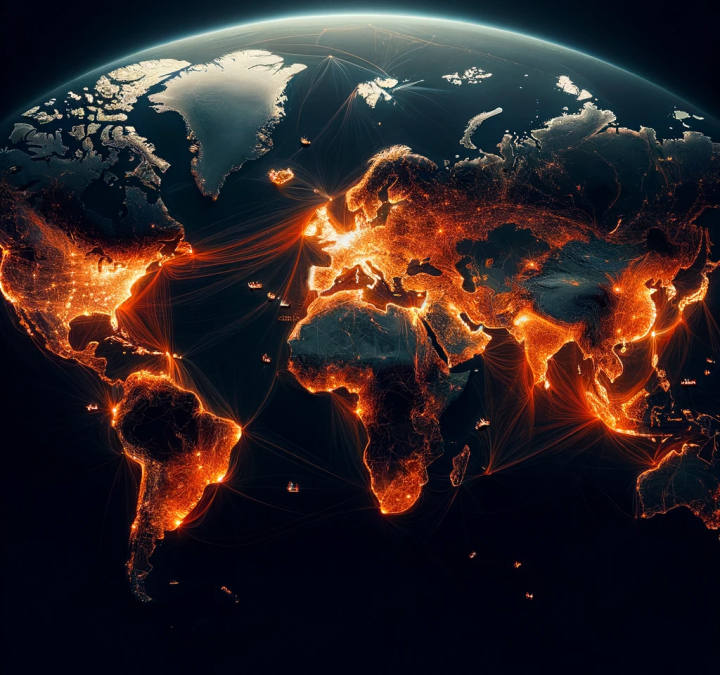
by Nicholas Mitsakos | Book Chapter, China, Economy, Globalization, irrationality, Public Policy, Taiwan, Trade, uncertainty, Writing and Podcasts
A turbulent geopolitical and economic environment is here to stay. Allocating capital in today’s economic and geopolitical landscape requires a sharp focus on macro trends, a disciplined approach to risk, and an ability to anticipate shifts in policy and global power dynamics. The investment landscape has never been more complex, with heightened tensions between the U.S. and China, uncertainty surrounding Taiwan, and Europe’s economic fragility. The new reality is that trade realignments, subsidized industrial policies, and emerging trading blocs characterized by protectionism and localization are rising. Now What?Geopolitical risk is no longer an afterthought. The US-China rivalry, Taiwan’s strategic importance, Europe’s economic fragility, and shifting trade policies will shape the next decade of global markets. Savvy investors will anticipate these changes and allocate capital to industries and regions positioned for sustained growth. The key to success is flexibility, resilience, and the ability to recognize macro trends before they materialize fully. The future is uncertain but full of opportunities.
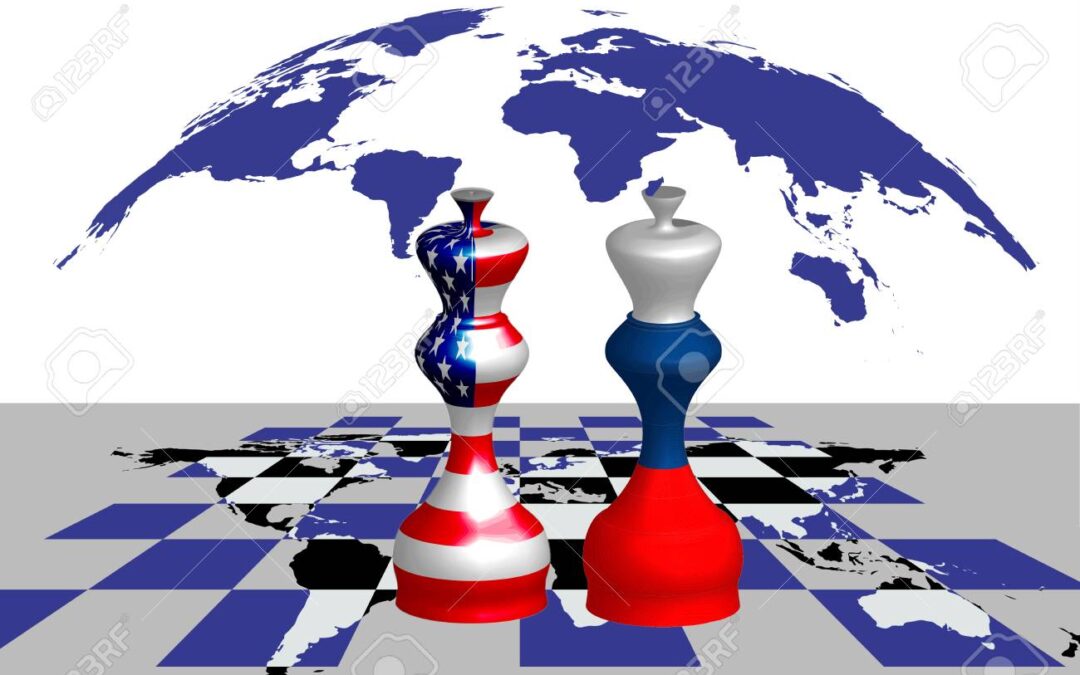
by Nicholas Mitsakos | Artificial Intelligence, Book Chapter, China, commodities, Currency, Economy, Globalization, Innovation, Trade, Writing and Podcasts
The United States and China play global economic and political chess games. There are many moves and defensive and offensive strategies, not only for trade but also for energy and natural resources (rare earths among the most recent flavors of discord), geopolitics (Russia, Ukraine, Iran, the Middle East generally), technology (Taiwan and AI), and global economic supremacy. It’s a long list, but China and the US drive the outcomes. Instead of working for mutual benefit, regardless of fundamental cultural and political differences, we are now drawing bright lines demarking battle zones (Ukraine and Russia; Taiwan; AI and advanced technologies). The result will be economic and technical inefficiency and degradation in the quality of life, safety, and prosperity. China must acknowledge the outrage caused by its overreaching bids for control, and America must adjust to China’s presence without selling honor for profit. Competition is not us-or-them; reality is us-and-them. The U.S. semiconductor industry gets 30% of its revenue from China. China’s resulting products service the world, and China’s producers need the U.S. as well. If allowed, such examples of mutual benefit will proliferate. It is naïve to imagine wrestling China back to the past. The project, now, is to contest its moral vision of the future. Connected, collaborative engagement is the only practical way. China has come a long way, and its trajectory cannot be ignored or dismissed. The U.S. and China will be much better off from this more enlightened, realistic perspective. See the whole board.
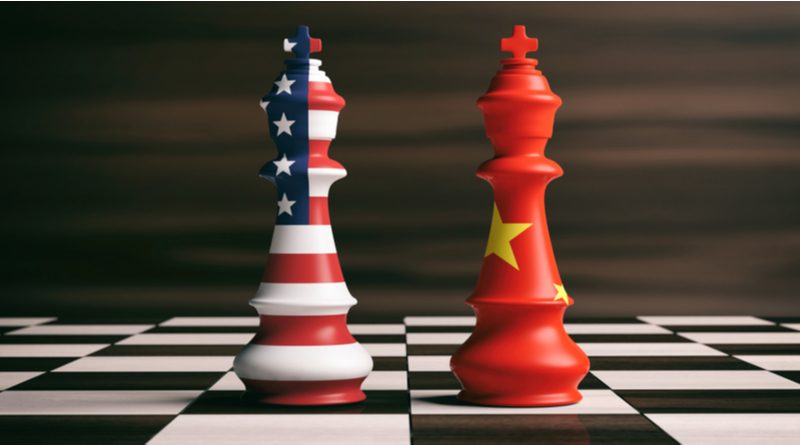
by Nicholas Mitsakos | Book Chapter, China, Economy, Globalization, Investment Principles, Writing and Podcasts
The “Thucydides Trap” occurs when a rising nation-state—for the Greek historian Thucydides, it was Athens—must eventually have a violent confrontation with the existing dominant nation-state—Sparta in his time. It is a zero-sum game where there can be only one dominant nation-state as the eventual winner, and it is usually assumed that the rising nation-state will outdo the dominant nation-state resolved only by military conflict.The United States and China are today’s Sparta and Athens. For several decades, their geopolitical relationship has been fundamentally based on collaboration and healthy competition, raising the bar for both countries. Now, it is turning into discordant competition, trade restrictions, and embargoes. The combined benefits of global collaboration and competitiveness, not trade restraint, will only enhance the benefits for the United States and China. The government creates friction and potential conflict, which is the biggest reason we fall into the Thucydides Trap. If appropriate, oversight, sensible regulation, and enforceable trade agreements do not interfere with fair competition and collaboration. There is no “Trap” to avoid. The sooner China and the US realize this, the better off each country (and the world) will be.
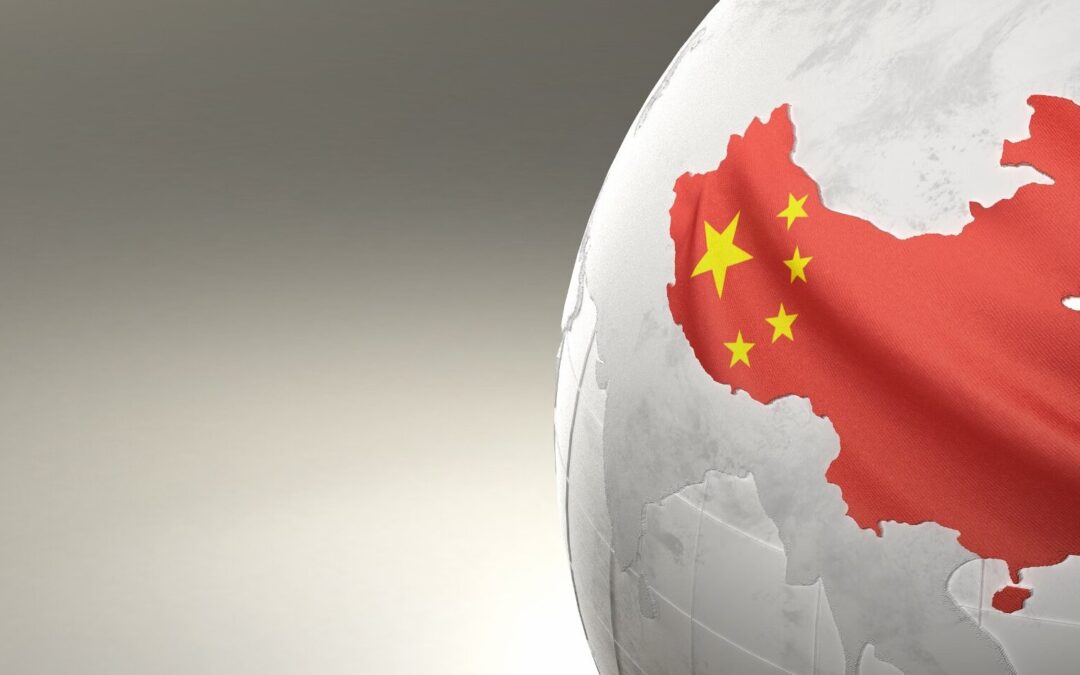
by Nicholas Mitsakos | Artificial Intelligence, China, Economy, Globalization, Innovation, Investment Principles, Technology, Transformative businesses, Writing and Podcasts
Chairman Xi faces more significant problems than just a declining stock market. Future prosperity, innovation, and China’s global position in advanced technologies are at stake. Bureaucratic regulation and central government money are not the answer, and an uncomfortable truth for communist bureaucrats is that a free market, access to venture capital and private equity, and vibrant public markets are essential for China’s success. A volatile market is still best at attributing value and allocating capital over time. China’s entrepreneurs have brilliance, incomparable fortitude, and a strong work ethic, but without capital and liquidity for that capital, the ship will run aground. Permanent capital is essential for the growth of an economy, innovation, and prosperity. Liquidity is essential for that capital.
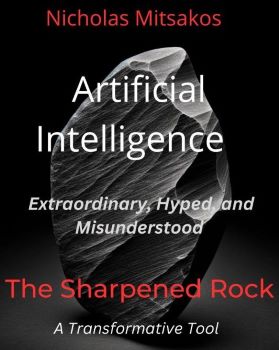
by Nicholas Mitsakos | Artificial Intelligence, Book, drug discovery, Economy, Financial Technology, Green Energy, Transformative businesses, Writing and Podcasts
AI as a powerful tool under human direction, not an autonomous entity with consciousness or emotions. It examines artificial intelligence’s opportunities, limitations, and risks while giving a reality check to the hyperbole and fears.
The first and most crucial principle in understanding AI is recognizing its inherent nature as a tool, a creation of human ingenuity designed to augment, rather than replace, human intelligence. AI systems, at their core, are complex algorithms capable of processing and learning from data at a scale and speed unattainable by human cognition.
However, it is an unprecedented, powerful tool that can permeate every aspect of society, industry, and human ingenuity globally. Its impact can be equivalent to Prometheus giving humans the gift of fire.

by Nicholas Mitsakos | Economy, Green Energy, Science, Technology, Transformative businesses, Writing and Podcasts
In crisis there is opportunity. The infrastructure of modern society – utilities, telecom systems, energy systems, highways, and other components – is essential for global economic development, unavoidable, demanded by many, poses seemingly insurmountable obstacles, and is poised at the edge of transformational change. Emerging economies need a range of basic infrastructure and services, especially in fast-growing cities – now becoming megalopolises. They will not wait for a “green future” to develop. Carbon footprint reduction is not a priority and is independent of emerging economies’ government policy. On top of this, developed economies are not done building and increasing energy usage. Aging essential infrastructure, such as bridges and water utilities, needs upgrades. The move toward a greener global energy future, and a more advanced and digitally connected society, needs to be built. Domestic energy development, energy security, affordability, fossil-fuel-based infrastructure, and other infrastructure development will be part of the global energy mix for decades. It is another example of private markets drawn to attractive investment opportunities to increase efficiency, lessen carbon footprints, and lead to independence and security. It’s all about economics, profits, global opportunities, and private capital enabling fundamental change. Governments can talk, and people can whine, but the capitalists will make the real difference. That’s how the world changes; it has always been this way.

by Nicholas Mitsakos | Economy, Globalization, Innovation, Public Policy, Writing and Podcasts
Open markets, free global trade, and limited state interference lead to greater shared prosperity. Heavy-handed Industrial policy and state intervention impede progress. It’s the economy and inequality, trade imbalances, are not what drive shared global wealth. Industrial policy, restricted trade, government subsidy, and overall intervention are challenging to get right, and hoping to achieve multiple goals simultaneously. One subsidy does not tackle climate change, boost industrial and economic growth, or enhance security. It is bound to fail. Time to revisit how things actually work through incentives to innovate, sensible economic models, prosperity, and wealth creation. No other mechanisms drive change or address the world’s most critical issues.
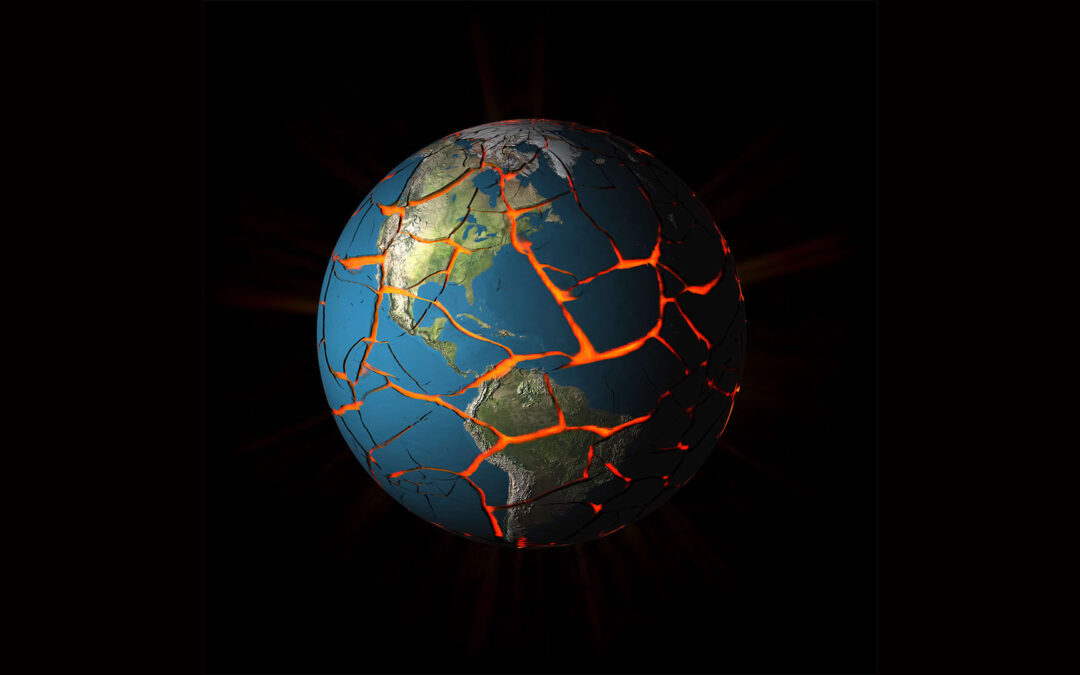
by Nicholas Mitsakos | Book Chapter, China, Economy, Globalization, Public Policy, Trade, Transformative businesses, Writing and Podcasts
Isolationism, fragmentation, and pessimism always fail. Globalization has been everyone’s favorite punching bag for a while. It is hard to feel optimistic about its prospects. However, globalization has a better future. If you are a fan of globalization, cooperation, and comparative advantage, the last decade has been extremely challenging. Ten years ago was a time of optimism on a global scale. However, economic and geopolitical forces have combined to add friction and fragmentation to global exchange. The benefits are now even greater and with everyone’s self-interest and mutual benefit, this geopolitical stalemate will pass – more quickly than is commonly thought today. Cooperation, integration, and mutual benefit win in the end. It is a time to be optimistic once again.

by Nicholas Mitsakos | Book, Book Chapter, Economy, Innovation, Investment Principles, Public Policy, Science, Technology, Trade, Writing and Podcasts
Zero-sum thinking has begun. Despite comparative advantage, mutual cooperation, and specialization proving indisputably more beneficial than any other approach to economic interaction, this ideal is under threat. Rules and norms for economic integration lifted hundreds of millions of people out of poverty, created an order-of-magnitude increase in the average wealth of the Western population, and benefited countless hundreds of millions enabling a way of life otherwise unimaginable post-World War II. Now that system is under threat as developed countries subsidize alternative energy, attract manufacturing via expensive subsidies, and restrict the flow of goods and capital. Mutual benefit is out; national gain is now the highest priority. In other words, stupidity and zero-sum thinking have taken over. A handful of bureaucrats, regardless of how brilliant each may be, can never equal the mind of the market. Management and control usually spell disaster eventually. Managed focus on technological development for products and services the central government believes have greater substantial benefit to the overall society may not be calamitous, but the law of unintended consequences has not been repealed. It will be inefficient, substandard, and create potentially dangerous side effects. Innovation, creative freedom, and unstructured thought are essential components to the development of any technology of substance and disruptive benefit.

by Nicholas Mitsakos | Artificial Intelligence, Biotechnology, Book, China, commodities, Digital Assets, Economy, Financial Technology, Public Policy, Russia, Technology, Transformative businesses, Writing and Podcasts
This book explores the next decade’s more frequent and intense economic, geopolitical, fiscal, and market volatility, technological innovation, disruption, and hype.
Long-term opportunity exists, and this book uses a 10-year horizon as a surrogate for a long-term perspective. Some of the world’s most important industries are being disrupted, especially finance via digital assets and Blockchain-based businesses, life sciences via gene editing, DNA sequencing, and CRISPR, and communications via advanced wireless data networks, software technologies including artificial intelligence, and new interactive platforms such as the Metaverse.

by Nicholas Mitsakos | Artificial Intelligence, Economy, Green Energy, Public Policy, Technology, uncertainty, Writing and Podcasts
The rewards for innovative success have become enormous and unpalatable, especially among the five technological giants (Amazon, Apple, Facebook, Google, and Microsoft) forcing these firms to spend absurd amounts of money on lobbying in Washington DC. It’s an expensive and wasteful distraction, but essential in this brave new world. If nothing else, it clogs innovation. It is to our detriment – and the world is literally burning while politicians fiddle – and even more disastrously – impede innovative activity. Applying friction to free thinking and new ideas never ends well.












